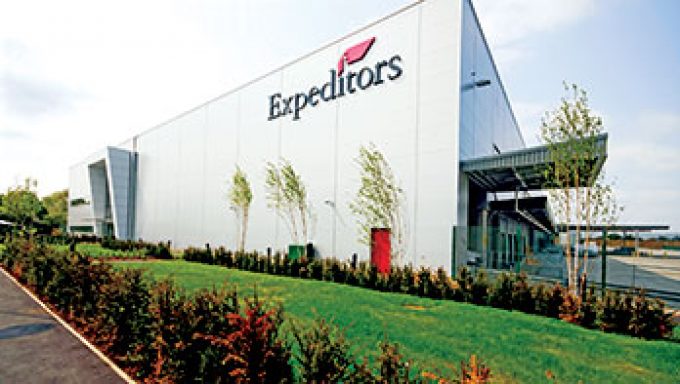Expeditors in court – let's kick the can down the road
To be continued

“The best year in the company’s history doesn’t happen by accident,” said Jeffrey Musser, Expeditors’ president and chief executive, announcing its recent results.
The US-headquartered company may have wrapped up a record year, but solid financials may not be enough to dissolve disquiet about its future.
“As ...
Keep our news independent, by supporting The Loadstar
Rapid transpacific capacity build-up continues – can USWC ports handle it?
Red Sea crisis has driven most new capacity into extended Asia-Europe trades
Crew forced to abandon ship in latest fire on vessel carrying EVs
Carriers on the hunt for open tonnage again as transpacific rates soar
The Loadstar Podcast | Transport Logistic and Air Cargo Europe 2025
'Now or never' for Kuehne and DHL GF to hit back at DSV
Uncertainty drives Yang Ming fleet boost as focus switches to Asia-Europe trades
Asia-West Africa ULCV deployment opens new markets for carriers
Carrier price hikes hold, driving spot rates higher as space gets scarcer
Project cargo: oversized and heavy, posing risks outside the norm for ports
CMA CGM eyeing multi-billion euro investment programme in Algeria
News in Brief Podcast | Week 22 | Trump’s tariff hurdle, ocean schedule reliability, and rate rise
Air cargo players still wary of long-term block space deals – 'a risk on both sides'
Longer-term planning needed as noise out of Washington distorts the market
Geely splashes out to meet growing demand by chartering its own car-carrier

Comment on this article